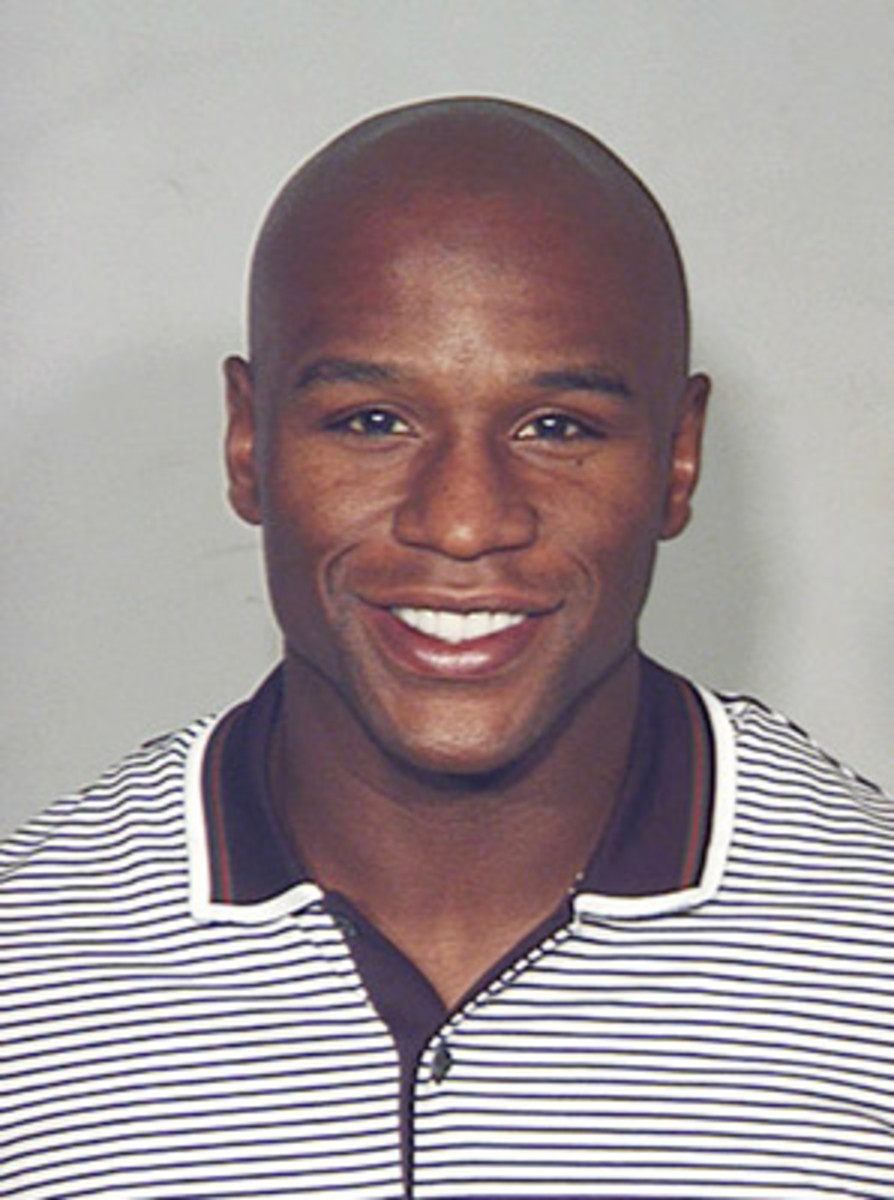
Additional charges could lead Mayweather to fight of his life
If convicted on all charges, the 33-year-old Mayweather could face a maximum of 34 years in prison. Mayweather, however, would likely avoid such a long sentence. For one, the sentencing judge would probably choose to run some or all of the sentences for each of the charges concurrently rather than consecutively. The judge could also "suspend" certain sentences, meaning Mayweather would not serve time for a particular conviction unless he encountered additional legal problems. Still, a conviction would probably carry prison time for Mayweather and it would be time that he serves. Keep in mind, Nevada utilizes a relatively strict system of "truth-in-sentencing." For certain crimes under Nevada law, an offender must serve 100 percent of the minimum period of incarceration before eligible for release or parole. For instance, if convicted on the charge of robbery and sentenced to prison, Mayweather would have to serve at least two years, regardless of good behavior. Several of Mayweather's charges contain minimum periods of incarcerations. If convicted on all counts and sentenced to prison for each one, Mayweather would likely serve at least six years behind bars. Mayweather's criminal past could also haunt him should he be convicted. While first-time criminal offenders normally receive a break by sentencing judges, repeat offenders are often perceived as "not having learned their lesson the first time" and are thus likely to receive a lengthier sentence.
Mayweather, who has a history of legal woes, would be classified as a repeat offender. In 2002, he pleaded guilty to two domestic violence counts and one battery count. Those counts stemmed from multiple incidents evidencing Mayweather's questionable judgment and violent acts. The primary incident involved Mayweather physically assaulting Melissa Brim, who is the mother of Mayweather's daughter, Ayanna. While Mayweather dodged prison time on that occasion, his guilty plea can certainly be used against him for purposes of sentencing. The fact that Mayweather's alleged offenses include crimes against his children, could also work against him. Acts deemed particularly egregious may be considered aggravating circumstances that compel an elongated sentence.
In fairness to Mayweather, he is innocent until proven guilty and his legal defense has yet to be established. His attorneys will undoubtedly offer a narrative quite different from what prosecutors and Harris allege. Mayweather, who ranked as the third-highest earning athlete in SI.com's 2010 Fortunate 50, also has the financial wherewithal to assemble a top legal team. Those lawyers will undoubtedly seek to exclude evidence of his prior crimes and other wrong acts, the admissibility of which will depend on the prosecutors' attempted use of them (generally, they may be used to show motive, but not to prove the defendant's character).
Mayweather also benefits by the high burden of proof required in criminal cases: conviction demands proof beyond a reasonable doubt. As most famously shown in the not guilty verdict of O.J. Simpson in 1995, high-profile cases that are regarded as slam dunks against defendants do not always produce convictions. Mayweather's next date in court will be on Nov. 9, when he will appear before a Las Vegas judge. His courtroom appearance will begin what may be the fight of his life.
Michael McCann is a law professor and Sports Law Institute director at Vermont Law School and the distinguished visiting Hall of Fame Professor of Law at Mississippi College School of Law. He also teaches a sports law reading group at Yale Law School.




